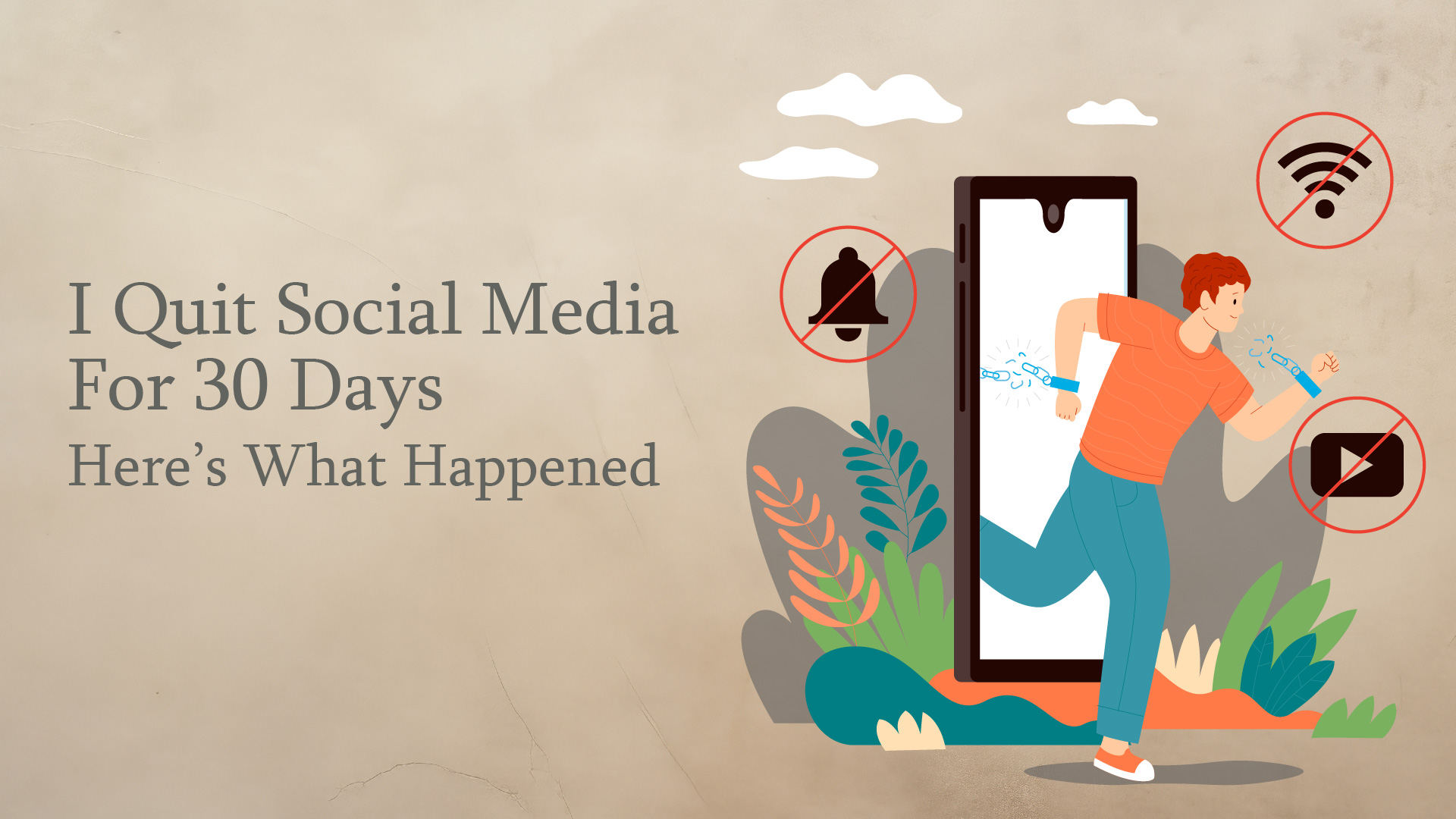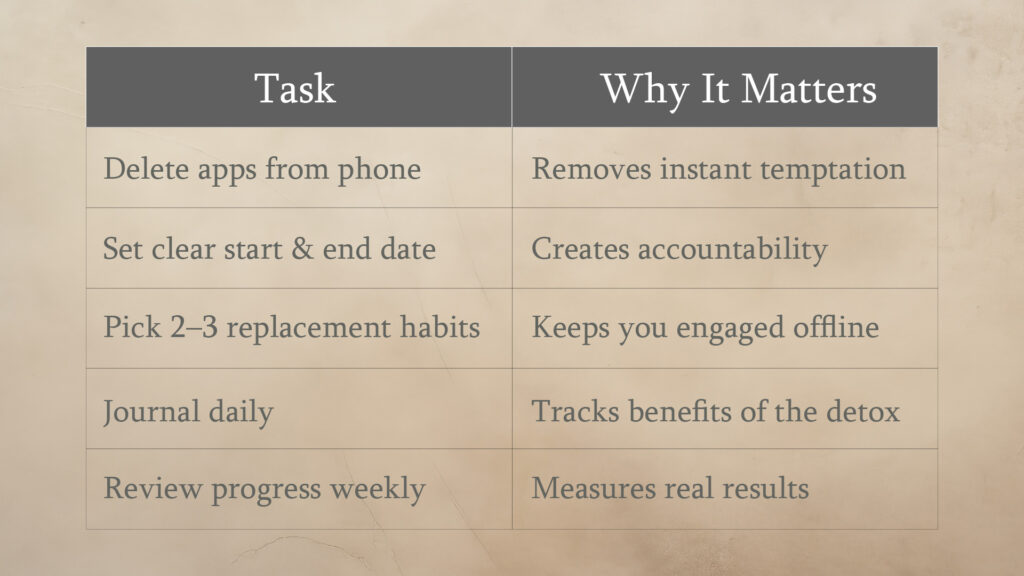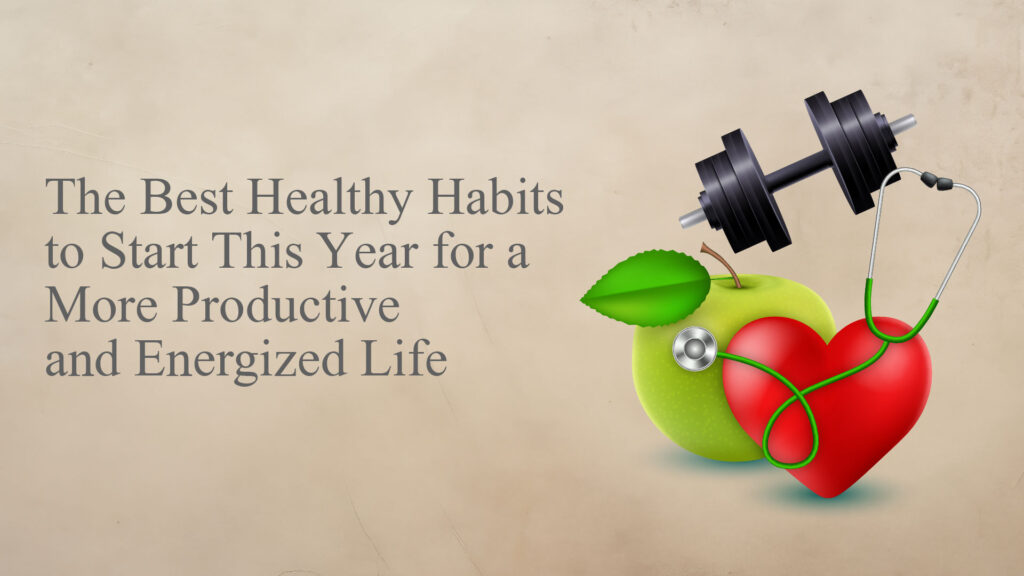
I never thought I’d say this, but one random Tuesday afternoon, I decided to quit social media — cold turkey. No Instagram reels. No TikTok rabbit holes. No endless Facebook scrolling. Just… silence.
It wasn’t easy to take the leap. After all, social media is where we share our memories, connect with friends, and (let’s be honest) waste a ridiculous number of hours every week. But the truth is, I was feeling burned out, distracted, and strangely anxious.
So, I decided to take on a 30-day social media fast — a personal experiment to see what happens when you truly unplug. Would I feel happier? More productive? Or would I just be painfully bored?
Here’s my honest account of what happened when I committed to the I quit social media challenge — and the surprising lessons I learned along the way.
Why I Decided to Quit Social Media
The idea didn’t come out of nowhere. For months, I noticed a cycle: wake up → check notifications → scroll → feel stressed → repeat. I realized my phone had more control over my mood than I did.
I came across research from the American Psychological Association, which found that heavy social media use is linked to increased stress, anxiety, and even symptoms of depression. That was my wake-up call.
I wasn’t just curious about the social media detox benefits — I needed them. I wanted to see the effects of quitting social media on my focus, mood, and overall well-being.
That’s when I set the rules: no TikTok, no Instagram, no Facebook, no Twitter (or “X”), and no YouTube shorts for 30 days. Instead, I’d replace that time with reading, journaling, exercising, and spending more time outdoors.
The Rules of My 30-Day Social Media Fast
When I told friends I was going offline for a month, most of them looked at me like I was about to go live in the woods. But to keep things simple (and realistic), I made a clear set of rules:
- No logging into any personal social media accounts.
- Messaging apps like WhatsApp and email were allowed for essential communication.
- No “just checking” notifications — all apps were deleted from my phone.
- Replace every scrolling habit with a mindful activity.
Here’s how my daily habits shifted:
| Before (Pre-Detox) | After (During Detox) |
| Scrolling Instagram before bed | Journaling instead of scrolling |
| Checking TikTok first thing AM | Morning walk & meditation |
| Endless YouTube shorts binge | Reading non-fiction |
| Constant DM replies | Quality in-person conversations |
This simple table became my roadmap for the digital detox 30 days — and it kept me from falling back into old habits.
Week-by-Week Experience: My 30-Day Social Media Fast
Week 1 – Withdrawal & Awareness
The first week felt… weird. My thumb kept instinctively swiping to the spot where Instagram used to be on my home screen. I’d unlock my phone without thinking, only to realize there was nothing to check.
I experienced a kind of “digital withdrawal.” According to a Harvard Business Review article, quitting social media can cause temporary restlessness, irritability, and even mild anxiety — symptoms similar to cutting back on caffeine. I was definitely feeling it.
But this phase also made me aware of how often I was reaching for my phone. Without the constant flood of dopamine from likes and notifications, my brain felt a little… quiet. Uncomfortable, but in a strangely good way.
Week 2 – Mood & Sleep Changes
By the second week, something surprising happened — my sleep improved. Without TikTok videos or Instagram reels keeping me up late, I was falling asleep faster and waking up more refreshed.
The National Sleep Foundation has found that late-night screen use, especially on social platforms, disrupts melatonin production and delays REM sleep. My experience matched that perfectly.
I also noticed a subtle social media break mood boost — I wasn’t comparing myself to perfectly curated highlight reels anymore. My mornings felt calmer, and I had more mental space to think about my own goals instead of someone else’s vacation photos.
Week 3 – Productivity & Focus Surge
This week was a game-changer. Without the constant urge to check notifications, I had long, uninterrupted stretches of focus. Tasks that used to take me an hour now took 30 minutes.
I tracked my work hours and realized I’d gained nearly 7 extra hours that week — almost a full workday. This is what productivity after quitting social media looks like in real life.
From a neurohacking perspective, my brain wasn’t being pulled in 15 directions anymore. Deep work became easier, and I could actually finish reading a book without checking my phone mid-chapter.
Week 4 – Emotional & Social Shifts
By week four, the benefits weren’t just in my productivity — they were in my relationships. I was more present in conversations, and friends noticed I was “less distracted.”
The University of Pennsylvania ran a study where participants limited social media to 30 minutes a day, and they reported significant reductions in loneliness and depression. While I went completely offline, I experienced a similar effect — an anxiety reduction social media fast that made me feel lighter, more grounded, and more connected to the real world.
By the end of the month, I realized something important: the world didn’t fall apart without me online. If anything, my life became richer.
Key Benefits I Experienced After Quitting Social Media
After 30 days offline, I noticed several life-changing shifts. Some were subtle, others were massive — but all of them proved that a social media detox can be one of the most powerful forms of self-care and biohacking.
1. Better Mental Health
One of the biggest surprises was the emotional clarity. Without the constant comparison trap of Instagram or the outrage cycle of Twitter, I felt noticeably calmer.
The American Journal of Preventive Medicine found that high social media use is linked to increased perceived social isolation. My own mental health improvement social detox experience matched the data — I felt less anxious and more content in my own life.
2. Improved Focus & Productivity
Without endless scrolling, I had the mental bandwidth to actually finish things. Whether it was writing, reading, or work projects, my focus lasted longer.
A study in the journal Computers in Human Behavior suggests that even brief social media breaks can significantly improve task performance. For me, the results were clear — productivity after quitting social media wasn’t just a possibility, it was a reality.
3. Boosted Mood & Confidence
This one caught me off guard. As the days went by, I felt lighter, happier, and more confident. No more comparing my real life to someone else’s filtered highlight reel.
Many experts say that cutting social media reduces dopamine overload and helps regulate your brain’s reward system — a key part of neurohacking benefits of social detox.
4. Better Sleep & Energy Levels
No blue light before bed meant deeper, more restorative sleep. I woke up feeling energized rather than groggy. According to Sleep Health Journal, reducing nighttime screen time can improve sleep efficiency by up to 14%.
5. Stronger Real-Life Connections
Instead of liking someone’s post, I actually called them. Coffee meetups replaced emoji reactions. My relationships felt more genuine and fulfilling — a true social media break mood boost.
6. Creativity & Daily Motivation
Without social media clutter, my mind had space for ideas. I started journaling instead of scrolling, and it became a new source of daily motivation without social media.
How to Do Your Own 30-Day Social Media Break
If my experience has you thinking, “Maybe I should try this too…” — you absolutely can. A digital detox 30 days isn’t as intimidating as it sounds when you have a plan. Here’s the exact method I followed (and recommend).
Set Your Rules
Decide which platforms you’ll cut out completely (TikTok, Instagram, Facebook, Twitter, YouTube shorts, etc.).
You can allow certain work-related accounts if necessary, but commit to no personal scrolling.
Remove Temptation
- Delete apps from your phone.
- Log out of accounts on your desktop.
- Use website blockers like Freedom or Cold Turkey if you’re tempted.
Replace the Habit
The fastest way to fail is to “just stop” without filling the gap. Here’s what worked for me:
- Journaling instead of scrolling – Start or end your day with 10 minutes of writing.
- Exercise – Even a short walk is a win.
- Reading – Choose books you’ve been meaning to finish.
- Mindfulness – Meditation, breathwork, or simply sitting in silence.
Track Your Progress
Keep a simple journal noting your mood, productivity, and energy levels. This makes it easier to see the social media break impact over time.
Build Your Support System
Tell your friends and family about your social media fasting wellness journey so they understand why you might not respond instantly online.
Your 30-Day Social Media Detox Checklist

By the end of the 30 days, you’ll have a clear sense of the benefits of quitting TikTok Instagram and other platforms — and you may even decide to extend your break.
The Downsides of a 30-Day Social Media Fast
While my 30-day experiment brought a lot of positive change, it wouldn’t be fair to pretend it was all sunshine and productivity sprints. Like any big lifestyle shift, there were a few challenges along the way.
1. Feeling Out of the Loop
Without Instagram stories or Facebook updates, I sometimes missed important life events — a friend’s engagement, a family member’s new job. While it didn’t ruin relationships, it did make me feel a little disconnected at times.
2. Professional Networking Gaps
For people who use social media for career growth, a social media blackout 30 days might mean fewer opportunities for visibility or slower responses to collaboration offers. I had to rely on email and LinkedIn for networking.
3. The “Boredom” Factor
In the first week, boredom crept in during moments where I’d usually scroll. Waiting in line at the grocery store felt longer. Sitting alone in a café without a phone felt… unusual. Over time, this discomfort faded, but at first, it was awkward.
4. Re-Entry Temptations
When the detox ended, the temptation to “catch up” was strong. This is why many people, myself included, set new boundaries rather than returning to old habits — such as checking social media only once or twice a day.
Final Thoughts
When I started this I quit social media challenge, I wasn’t sure if I’d last a week — let alone 30 days. But stepping away from the endless scroll gave me back something far more valuable than likes or follows: my time, focus, and peace of mind.
Yes, I felt out of the loop at times, but the trade-offs were worth it. I slept better, my anxiety eased, my productivity skyrocketed, and I actually enjoyed my offline life again.
If you’ve been feeling drained, distracted, or disconnected from yourself, I encourage you to try your own 30-day social media fast. You might be surprised by the benefits of quitting TikTok Instagram and every other platform you thought you couldn’t live without.
Frequently Asked Questions (FAQs)
Q: What happens when you quit social media?
A: When you quit social media, you’ll likely notice improved focus, reduced anxiety, better sleep, and more time for hobbies. Some people also report stronger real-life relationships and increased motivation.
Q: How can I quit social media for 30 days without relapsing?
A: Delete apps from your phone, set a clear start and end date, and replace scrolling with mindful activities like journaling, exercise, or reading. Tracking your progress helps keep you accountable.
Q: Does quitting social media improve mental health?
A: Yes, research from the University of Pennsylvania shows that limiting social media use can significantly reduce depression and loneliness. Many people experience a mental health improvement social detox effect.
Q: Is a social media detox the same as a digital detox?
A: A social media detox targets specific platforms like Instagram, TikTok, or Facebook, while a digital detox may include all screens — including TV, gaming, and even work devices.
Q: Will my productivity improve if I take a social media break?
A: For most people, yes. Many find a productivity after quitting social media boost within the first two weeks, as they regain uninterrupted blocks of time.


